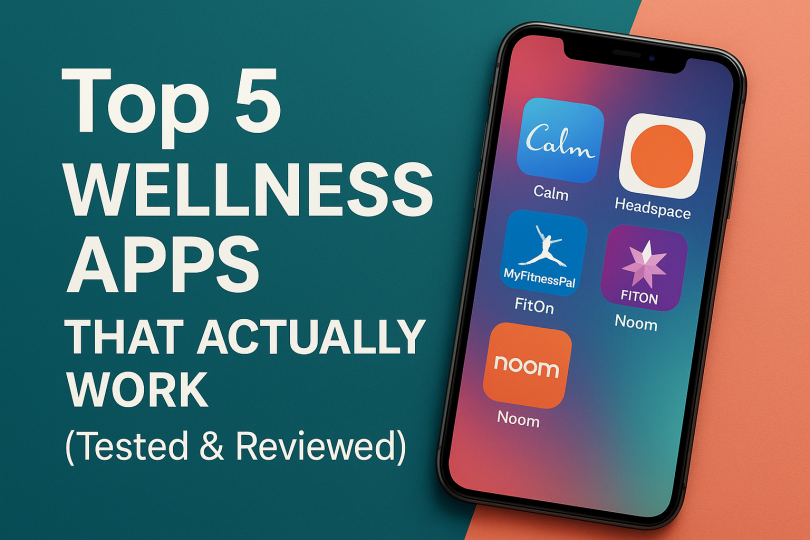Worldwide, obesity poses a serious health challenge, prompting medical experts to look for various weight loss strategies. Lifestyle changes remain the primary tool in the fight against obesity. However, medications have become an important aid for some people. Among the wide variety of weight loss drugs, Ozempic, initially developed for type 2 diabetes, has attracted a lot of attention due to its effectiveness in promoting weight loss. This guide aims to help you understand how to get prescribed Ozempic for weight loss, its mode of action, effectiveness, potential risks, and its comparison with other weight loss medications.
Table of Contents
- Understanding Ozempic
- Effectiveness for Weight Loss
- Mechanism of Action
- How to Get Prescribed Ozempic for Weight Loss
- Potential Risks and Side Effects
- Ozempic vs. Other Weight Loss Medications
- Incorporating Lifestyle Factors
- Conclusion
Understanding Ozempic
Ozempic, also known as semaglutide, is a product of Novo Nordisk. It primarily serves as a type 2 diabetes medication and falls under the GLP-1 agonists class of medications. It was initially created to help manage blood sugar levels, but it soon became apparent that patients taking Ozempic were losing significant weight. This side effect, though unexpected, was beneficial and led researchers to study it further, leading to the expansion of Ozempic’s use as a weight loss aid.

Ozempic’s Effectiveness for Weight Loss
Numerous clinical trials and research studies support Ozempic’s potential for weight loss. A study published by the New England Journal of Medicine reported that individuals taking Ozempic for weight loss experienced an average loss of 15% of their body weight. This is a significant number compared to the effects of other weight loss medications available in the market.
Weight loss with Ozempic does not occur overnight. It is a gradual process, with weight loss occurring over several weeks or months. Furthermore, the effects of Ozempic may eventually plateau. This makes it crucial to have a thorough discussion with your healthcare provider about the benefits and longevity of Ozempic use.
Mechanism of Action
Ozempic mimics the actions of a hormone called glucagon-like peptide-1 (GLP-1). This hormone plays a crucial role in regulating insulin production and controlling appetite. Ozempic boosts GLP-1 levels in the body, thus helping to control blood sugar levels, slow down gastric emptying, and reduce food intake, which collectively contribute to weight loss over time.
How to Get Prescribed Ozempic for Weight Loss
Procuring a prescription for Ozempic for weight loss is a process that requires due diligence. It entails more than simply asking your doctor for the medication. The following step-by-step guide sheds light on the entire process:
- Initial Consultation: The first step is to schedule a consultation with your healthcare provider. Be open and articulate about your struggles with weight loss and express your interest in trying Ozempic. Your healthcare provider will ask about your weight loss history, assess your overall health condition, and evaluate whether Ozempic might be a suitable fit for you.
- Medical Evaluation: If your healthcare provider deems that Ozempic could be a potential solution, they’ll conduct a comprehensive medical evaluation. This process may involve a physical examination, an in-depth review of your medical history, and potentially, some laboratory tests. These measures are crucial to ensure that Ozempic is safe and won’t interfere with any other medications you’re taking or exacerbate any existing health conditions.
- Prescription: If your medical evaluation aligns with the safety profile of Ozempic, your healthcare provider will write a prescription. They will also provide detailed instructions on how to use the medication, when to take it, and potential side effects to be wary of.

Remember, it’s essential to follow your healthcare provider’s instructions closely when taking Ozempic, as it can interact with other medications and cause adverse effects if not taken properly.
Potential Risks and Side Effects
Like all medications, Ozempic can cause potential side effects. Some common ones include nausea, diarrhea, vomiting, constipation, and stomach discomfort. Typically, these side effects are mild and subside over time. However, if they persist or worsen, it’s important to consult your healthcare provider promptly.

Moreover, while Ozempic generally has a good safety profile, there are certain situations where its use may not be recommended. For instance, it might not be suitable for individuals with a history of certain thyroid cancers or severe kidney disease. Always consult your healthcare provider for personalized advice regarding medication use.
Ozempic vs. Other Weight Loss Medications
When considering Ozempic, it’s beneficial to compare it to other weight loss medications. Medications like orlistat (Xenical), liraglutide (Saxenda), and phentermine-topiramate (Qsymia) have also been approved for weight loss. Each one works differently to help promote weight loss. However, Ozempic has shown to be generally more effective than these alternatives, with patients taking Ozempic typically losing more weight.
However, individual responses to medications can vary. Thus, what works well for one person might not work as well for another. It’s essential to discuss all your options with your healthcare provider before making a decision.
Incorporating Lifestyle Factors
Medications like Ozempic are a valuable tool in your weight loss journey. However, they should not substitute a healthy lifestyle. Regular physical activity, balanced diet, proper sleep, and stress management are all vital for successful and sustainable weight loss. A diet rich in fruits, vegetables, lean proteins, and whole grains, paired with regular physical activity, can go a long way in promoting weight loss and maintaining it over the long term.

Consider seeking support from a dietitian or a fitness professional. They can help you create and maintain a tailored lifestyle plan that complements your weight loss medication.
Conclusion
To get a prescription for Ozempic for weight loss, you need to understand the medication, its effectiveness, and its potential risks. A thorough medical consultation and evaluation are required before starting this medication to ensure it’s suitable for you. While Ozempic has shown significant potential in promoting weight loss, remember that it’s not a magic bullet. A balanced diet, regular exercise, and an overall healthy lifestyle remain the cornerstones of any effective weight loss strategy. Always consult your healthcare provider for personalized advice regarding weight loss and medication use.






